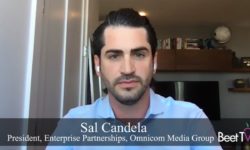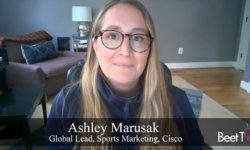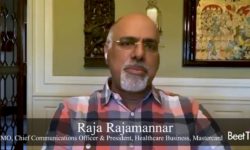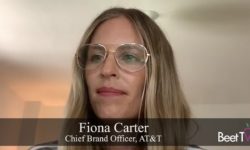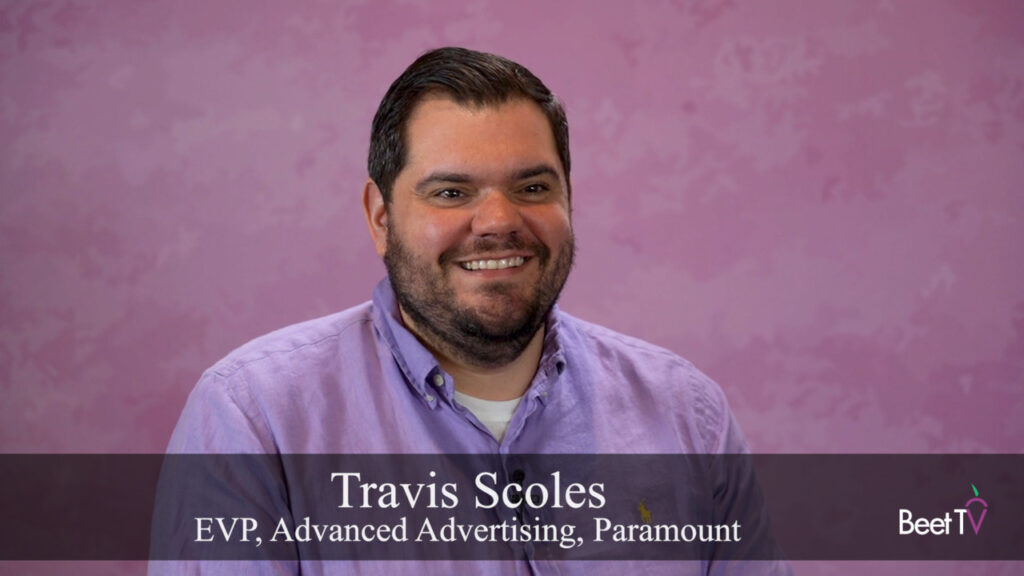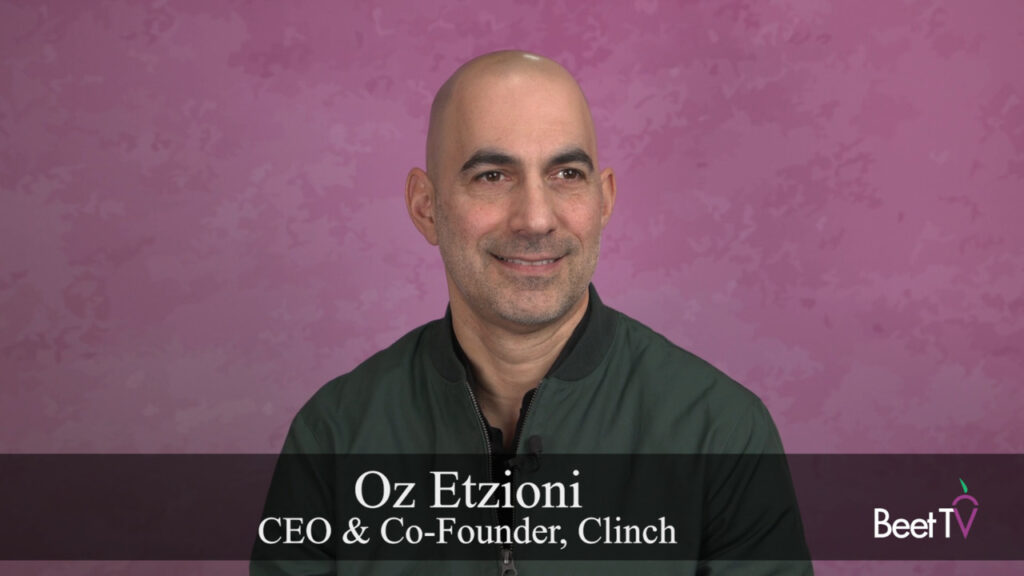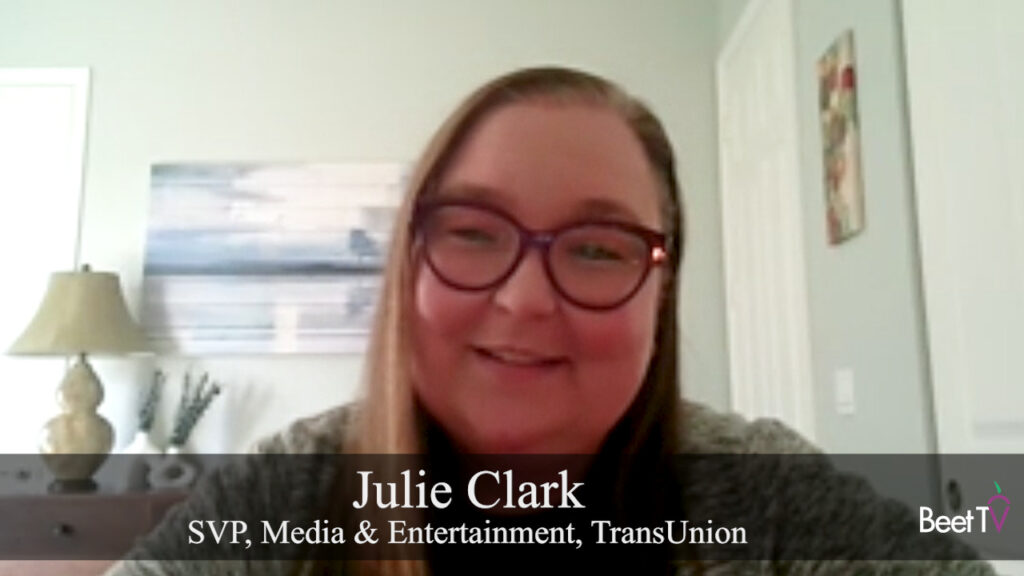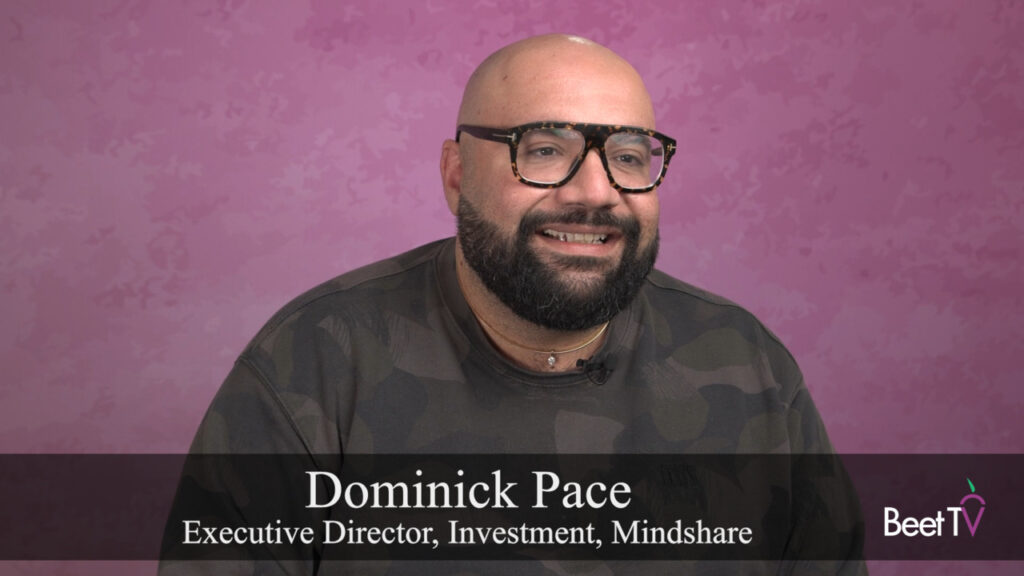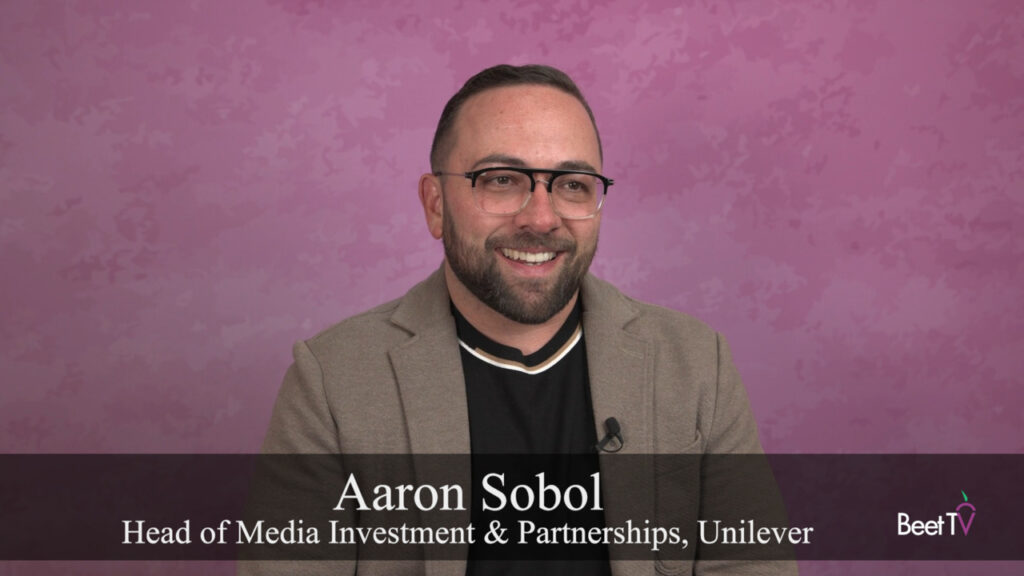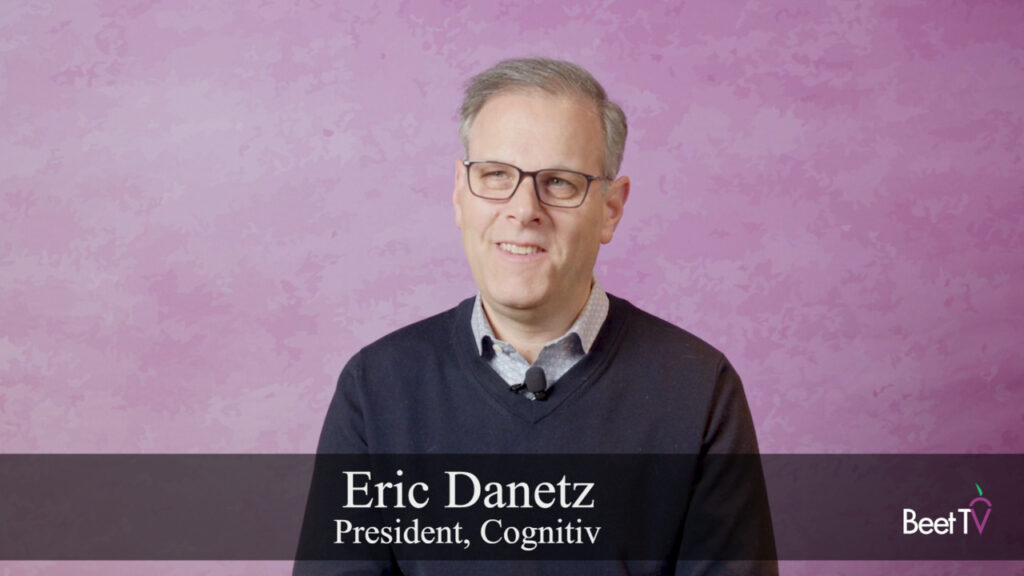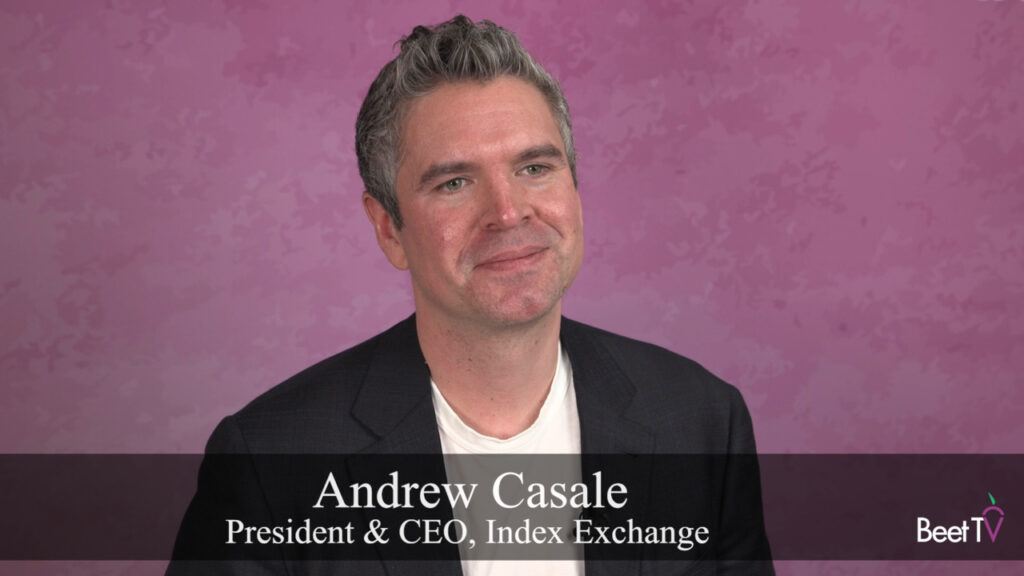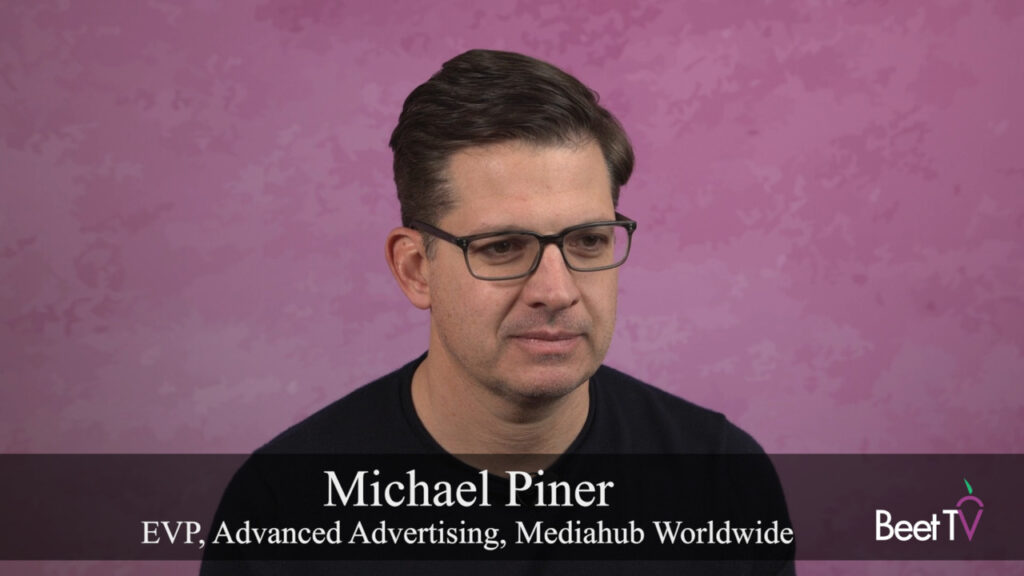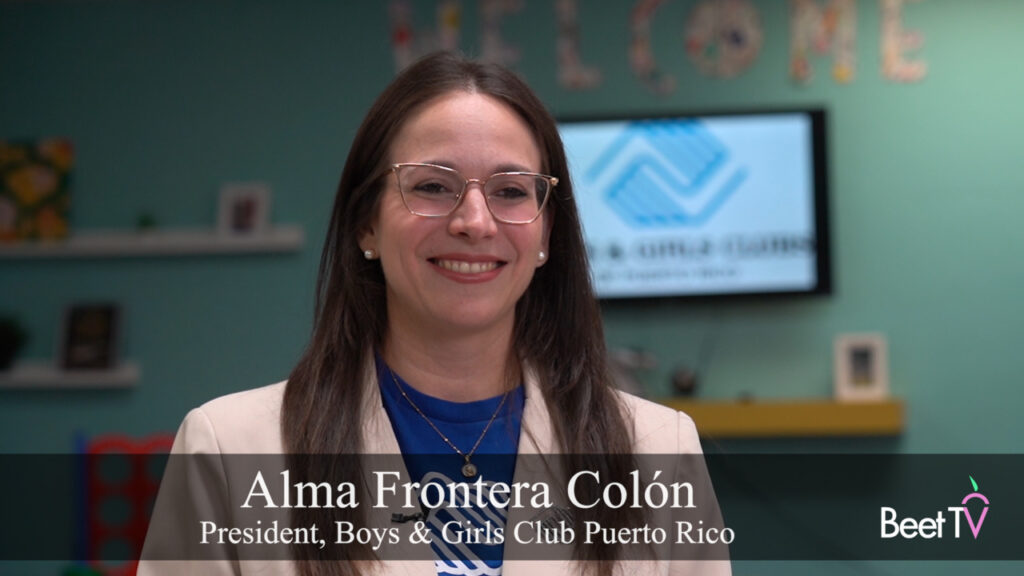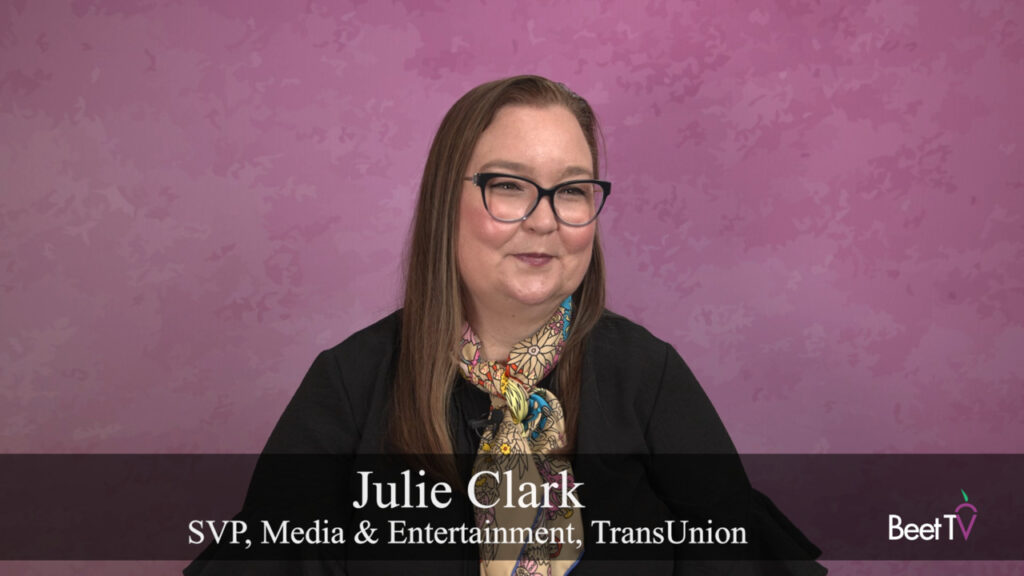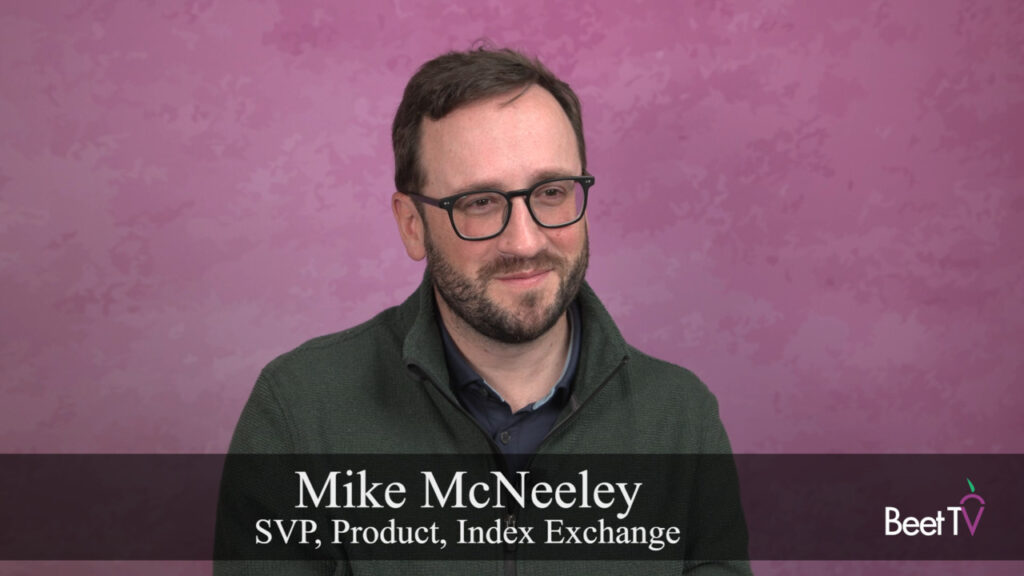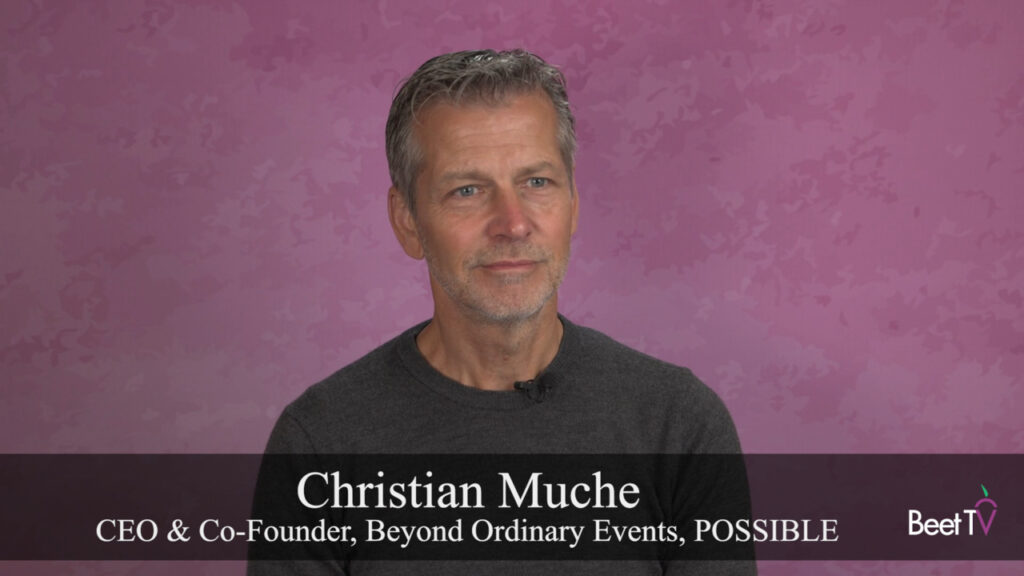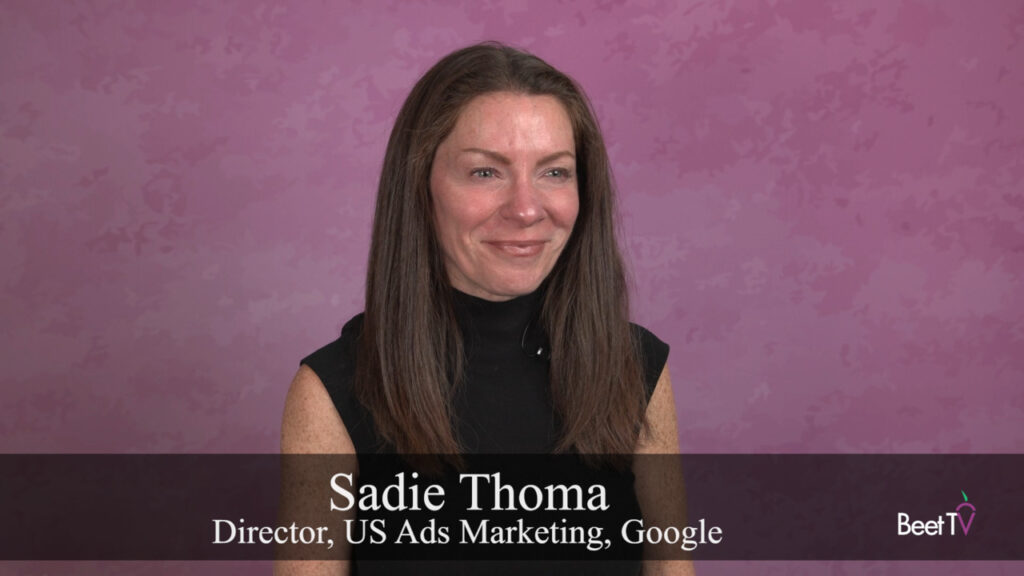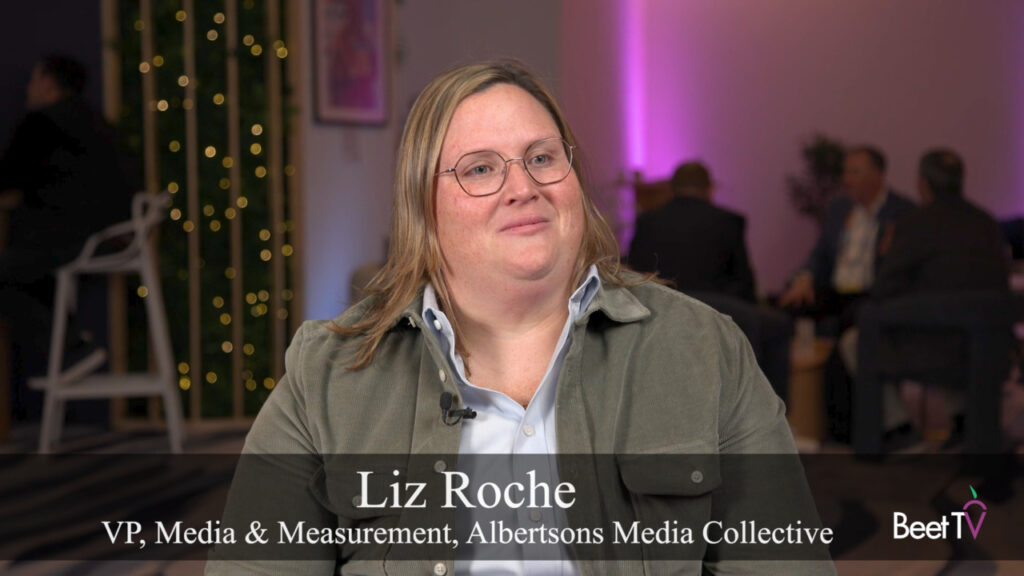At a time when TV networks’ programming plans are on the ropes, is there an opportunity for ad buyers to rebalance the relationship between buy side and sell side?
We have already seen the annual upfront TV ad sales season delayed, and a new call for a further delay plus significant reform, as advertisers and agencies grapple with the realities of limited spending visibility and a poorer content roster.
In this video interview with Beet.TV, Cara Lewis, EVP for video investment at Amplifi USA, the innovation and investment arm of Dentsu Aegis Network, says, at a time of adaptability, she is searching for change.
Flexibility needed
“We need flexibility and we need that more than ever because there’s so many still unknowns,” Lewis says.
“We want to get the best pricing obviously, but we also want to get the best content.
“Content being so unknown and sports (programming) being so unknown, it’s definitely on top of mind … clients have to have the flexibility and they want to have the time to be able to make these really large decisions.
“If we can’t advertise, then the networks don’t have our money if we are in a client in the future.”
Personalization rises
The traditional TV UpFronts events have been cancelled or have gone virtual. Negotiating in this climate has proven challenging to the nation’s marketers as they assess TV ad investment.
Now the ANA, representing ad buyers, has demanded upfront sales, which were due to be for ads airing between October 2020 and September 2021, should occur this fall for ads transmitting starting 2021.
Amid the turmoil, Amplifi’s Lewis sees brands leaning into personalization.
“We were on the phone with a couple of vendors this week, just talking about M1 and partnering together to get them in as a PAM (Publisher Addressable Marketplace) partner and I think we’re hearing from a couple that they’re more interested to do it now than ever,” she says.
She is talking about M1, Dentsu Aegis Network’s people-based identity and data platform, and its Publisher Addressable Marketplace, which provides insights on person-level marketing results through programmatic platforms.
Content placements
Lewis is also seeking other changes in the way agencies engage with programmers.
“We would love to integrate into more content and not have it be costing millions of dollars to do so,” she says. “(For example), how can we partner when we’re giving you a car on set that costs our company money?
“And maybe that flexibility is within the actual partnership and within the actual parent company group, since there’s seven or eight big companies that own the majority of the impressions out there.
“But I think really being flexible, honest, trusted, and allowing us to not have to spend the same amount of money that we did pre-COVID, is very important.”
This video is part of a series titled Trust in Partnership in a Time of Change presented by WarnerMedia and Xandr. Please visit this page for additional segments from the series.










